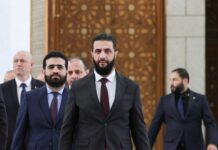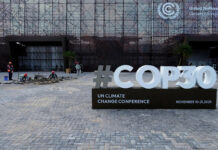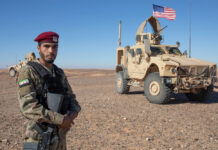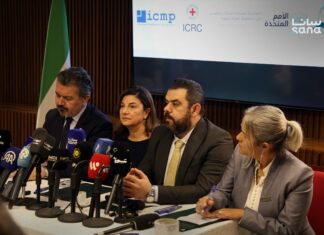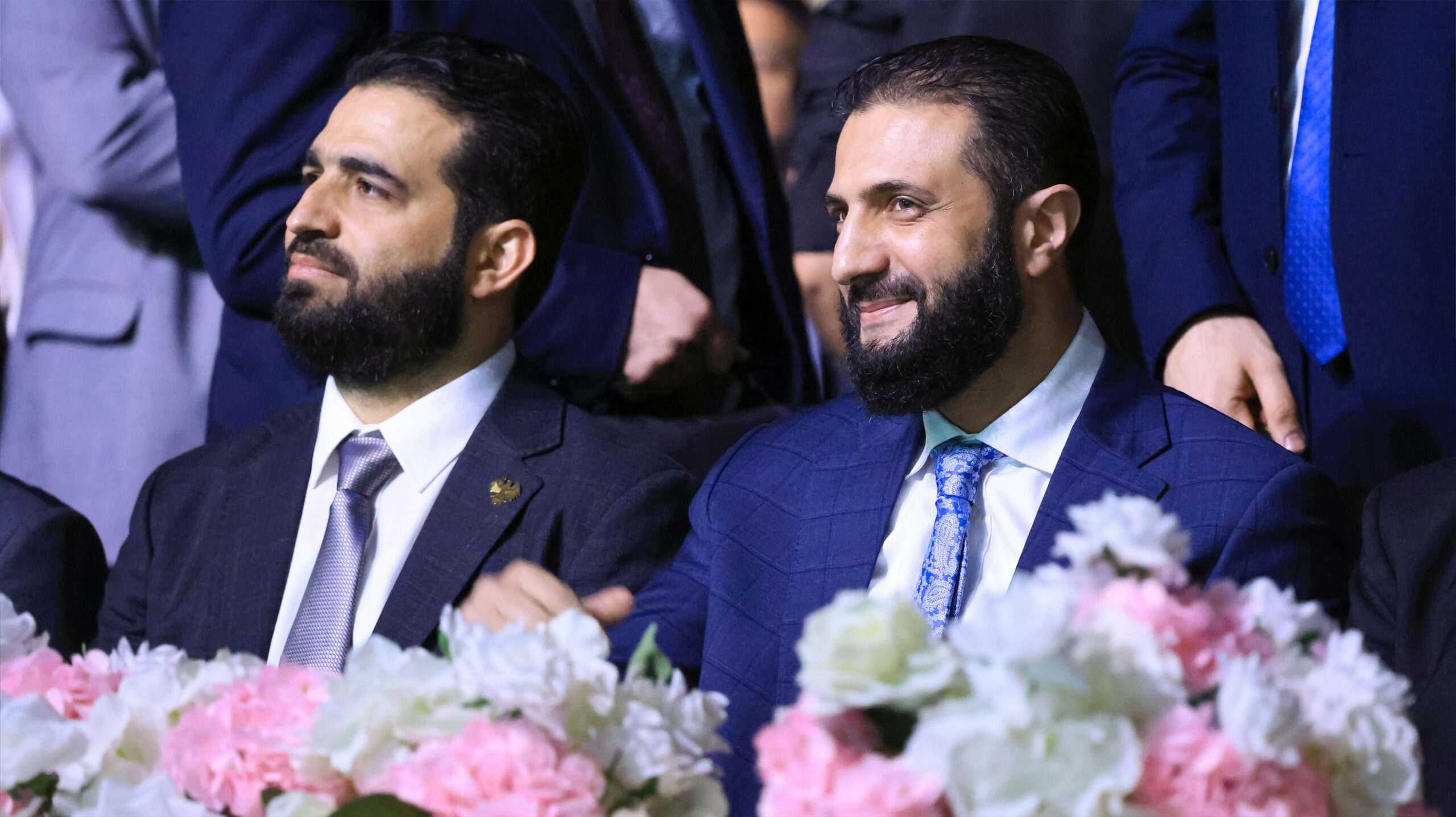
The UN Security Council voted today, November 6, on a US-backed resolution removing Syrian President Ahmad al-Sharaa and Interior Minister Anas Khattab from its sanctions list, a move widely seen as a diplomatic victory for Washington and the Trump administration. The resolution, sponsored by the US, passed with 14 votes in favor and one abstention from China.
Washington Hails a “New Era” in Syria
US Ambassador to the UN Mike Waltz said the decision marked international recognition of Syria’s transition since the fall of Bashar al-Assad in December 2024. “With the adoption of this text, the Council is sending a strong political signal that recognizes Syria is in a new era,” Waltz told the Council. “The delisting of President Sharaa and Interior Minister Khattab should help give the Syrian people that greatest chance.”
President Donald Trump welcomed the outcome ahead of Sharaa’s scheduled White House visit on November 10. The two leaders are expected to discuss Syria’s reconstruction, counterterrorism cooperation, and the lifting of remaining US sanctions, including those imposed under the Caesar Act.
Sharaa, former leader of Hayat Tahrir al-Sham (HTS), rose to power after leading a coalition that ousted Assad’s regime last year. Washington removed HTS from its own terrorism list in July, citing the group’s formal disavowal of extremist ties and participation in Syria’s political transition.
Mixed Reactions Within the Security Council
While the resolution passed with near unanimity, China’s abstention underscored lingering unease about Syria’s security trajectory. “Syria is in a political transition stage with a fragile security situation,” said Chinese Ambassador Fu Cong. He cautioned that foreign fighters had “exploited the situation to their advantage,” referencing the integration of Uighur volunteers from the now dissolved Turkestan Islamic Party (TIP) into Syrian forces.
The US initially sought to delist HTS as an organization but removed that provision after pushback from Beijing. Still, American lawmakers praised the measure as a step toward normalization. In a joint statement, Senate Foreign Relations Committee leaders Jeanne Shaheen and Jim Risch said lifting sanctions would “bring the Syrian economy into the twenty-first century” and signaled Washington’s commitment to “a safe, free and stable Syria shaped by Syrians.”
Damascus Sees Vote as Recognition of “New Syria”
Syria’s UN Ambassador Ibrahim Olabi said the vote reflected “the council’s growing confidence in the new Syria.” He described his government’s goals as rebuilding institutions, ending isolation, and pursuing “peace and partnership, not conflict or score-settling.”
Although largely symbolic, as sanctions were often waived for Sharaa, to allow official travel, the decision formally lifts a travel ban, asset freeze, and arms embargo on Khattab and Sharaa, imposed under UN sanctions originally targeting ISIS and Al-Qaeda networks.
As Sharaa, now in Brazil for COP30, prepares for his historic visit to Washington, diplomats see the vote as a test of whether the post-Assad government can sustain peace and move toward reintegration into the international community.


